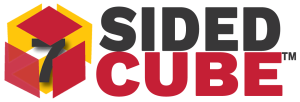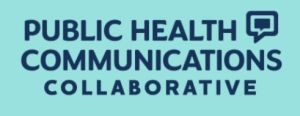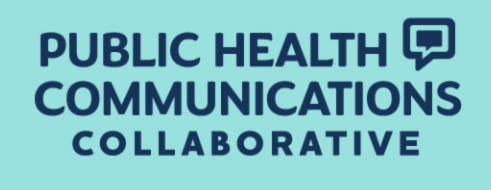For the last year or so, marketing professionals have tossed around the idea that SEO was dead. We now know that a more accurate statement would be that keywords, for the most part, are as irrelevant as the typewriter. There are better tools to get the job done. Thanks to Google’s massive shift towards search concepts and meaning rather than individual search terms, businesses are being found in a whole new way. That’s a good thing; and, SEO has a prominent place in that process.Today when a person puts a long string of words into the search bar, Google can more intuitively relate those words or questions to content found on websites. You need to have those words, synonyms for the words, and contextually-related words on your site; but, your ranking potential will not be limited to them. Through their algorithmic greatness, Google is able to ascertain meaning from what is in the search bar. If your website is the best source of information on the topic, you will rank well…whether the searcher typed in the usual “keywords” or not.
No search engine is a perfect interpreter; but, Google is trying hard to make their robots “think” in a more human manner. That means that website content should sound natural, the way people talk. That shouldn’t hard; but, it will take time for everyone to make the shift. I mean, here we are, halfway through 2014 and we still run into things like keyword clouds, brochure-style web design, and multiple URLs attached to a single site. So, while it makes things easier in the long run, it is an adjustment.
Businesses have measured success by keyword ranking for years. Your keyword report might have 20 keywords on it, showing your rank for each one in the various search engines. In the new SEO environment, those reports can be misleading because they may be missing a multitude of other word strings that may be getting a website on the front page of results. Getting used to a new way of looking at ranking reports will take time as well.
Spiral Cities Marketing has already made the shift to focus more on Reach than Rank, thus, giving us a better view of the bigger picture. With three major search engines and numerous keywords, no single term can tell us how a business is doing overall. But, by focusing on bringing relevant traffic and clients, not keyword rank, we get solid confirmation of the campaign trajectory. Keywords may be irrelevant, but a good SEO strategy concentrated on meaningful content and purposeful outreach is more important than ever!






